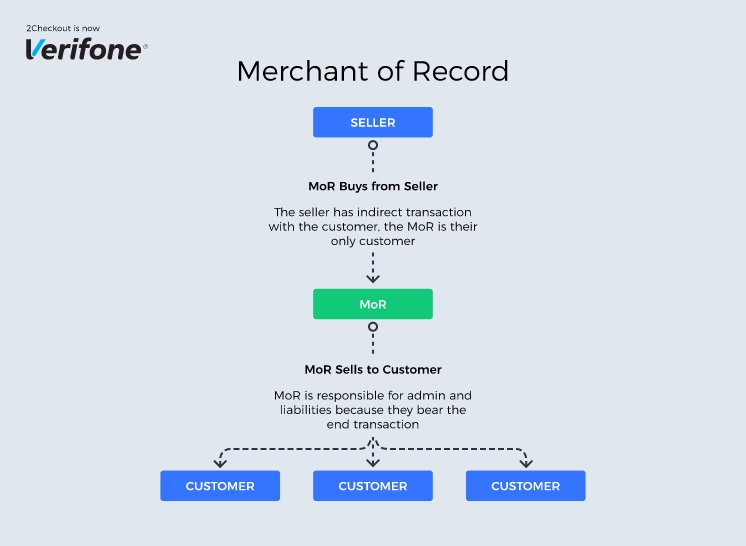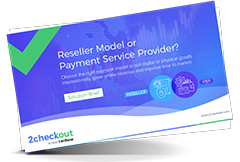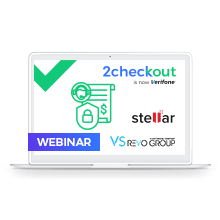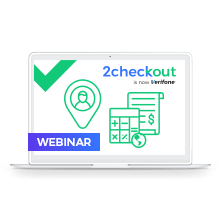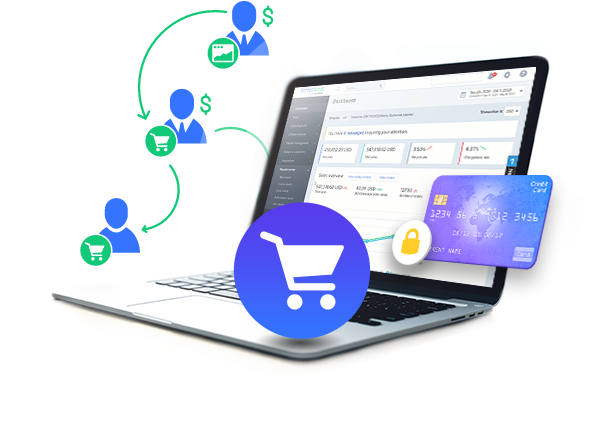-
-
-
PRODUCT
-
- PRODUCTS
-
-
 2Sell Accept mobile and online payments from buyers worldwide
2Sell Accept mobile and online payments from buyers worldwide
-
 2Subscribe Subscription management solution to maximize recurring revenue
2Subscribe Subscription management solution to maximize recurring revenue
-
 2Monetize Full commerce solution built for digital goods sales
2Monetize Full commerce solution built for digital goods sales
-
 Add-ons Additional services to boost online sales
Add-ons Additional services to boost online sales
-
-
- SOLUTIONS
- CLIENTS
- COMPANY
- PRICING
-
-
-
Resources
-
- REVENUE UPLIFT CALCULATOR
-
-
See the potential revenue uplift you could gain by selling online with 2Checkout.
-
- Support
- Partners
-
 Login
Login
-
 Login
Login
- TALK TO SALES
- TALK TO SALES
- SIGN UP for FREE
-
Resources
Cookie Usage and Your Choices
This website uses cookies and other tracking technologies. While some cookies are necessary for the website's functionality, others placed by third-party partnersIncapsula, Omniconvert, AWS, Quora, G2Crowd, Google, Hotjar, Facebook help us personalize your online experience, improve performance, deliver relevant advertising, and analyze online traffic.
Some of these cookies are optional and can only be collected with your consent. We respect your preferences when it comes to cookies. You're free to manage your cookie settings, but please be aware that this may impact your site experience.
For more details, please review our cookie policy.



